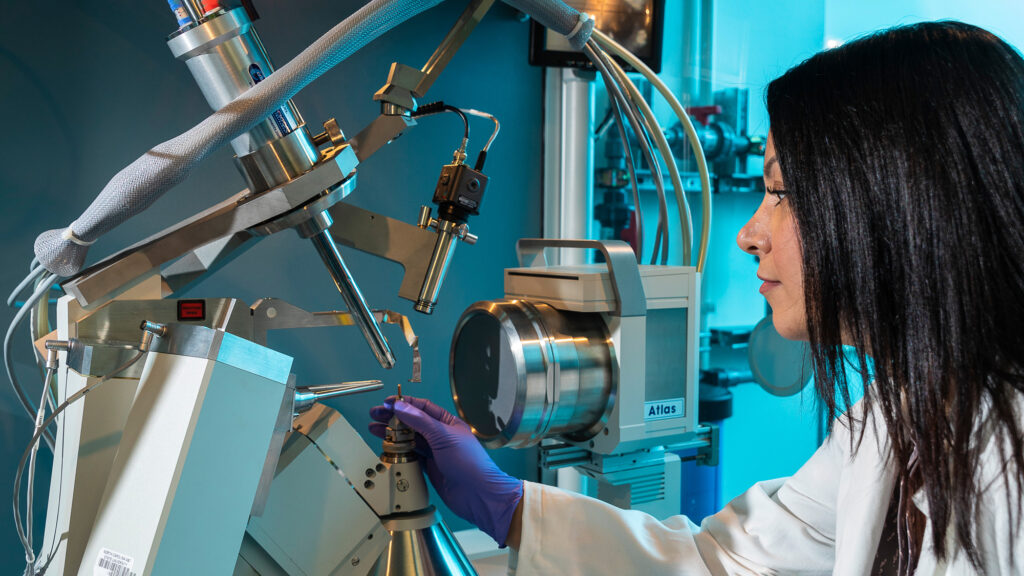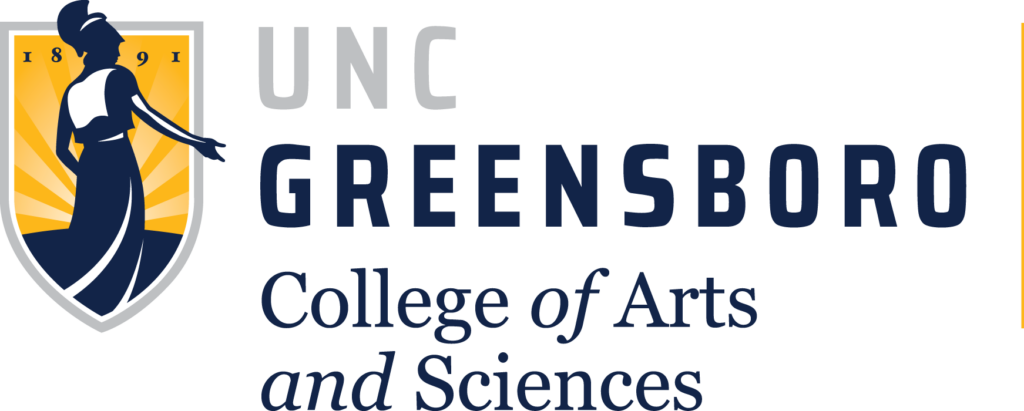Dr. Jonathan Chekan, Assistant Professor in the Department of Chemistry and Biochemistry, has received a new $350,000 grant from the National Institutes of Health (NIH) for his proposal: “Bioinformatic Guided Discovery and Characterization of New RiPP Natural Products.”
The project abstract below provides more info on this project. This abstract was retrieved from the NIH’s RePORTER tool.
Ranging from penicillin to artemisinin, natural products have been essential in the discovery and development of new drugs. To complement the traditional activity-guided isolation approaches, genome mining techniques can enable an efficient and high throughput discovery pipeline by specifically targeting promising organisms and gene clusters for detailed study. However, detailed understanding of a biosynthetic pathway is typically needed, significantly constraining the search process. Therefore, alternative bioinformatic approaches combined with detailed biochemical characterization and bioactivity studies will help expand our collective understanding of bioactive secondary metabolites in nature and their value for human health. The overall focus of the Chekan lab is to utilize enzyme-independent genome mining as a guide to enable the discovery and detailed study of new types of bioactive natural products and biosynthetic pathways. This proposal focuses on the ribosomally synthesized and post-translationally modified peptide (RiPP) family of natural products. RiPPs are a ubiquitous family of natural products found across all domains of life and possess a wide range of bioactivities, with antibiotic activity being particularly well represented. These natural products all share a consistent biosynthetic logic, but can be generated from a wide variety of biosynthetic enzymes. In order to discover completely new classes of RiPPs, we propose to exploit conserved biosynthetic and structural features instead of specific enzymatic transformations. This will allow for rapid in silico identification of promising biosynthetic gene clusters that generate never before isolated molecules. To fully study and characterize these new pathways, a combination of biochemical and structural approaches will be employed. These results will give important insights into the new biosynthetic enzymes, reveal their mechanisms, and assess their applicability for engineering. Finally, this first project will reveal the bioactivity of the newly discovered natural products and their mechanism of action. To complement this discovery element, a second project will seek to link peptidic natural product families, for which no biosynthetic information is available, to their biosynthetic enzymes. This proposal will also enable the training of both graduate students and postdocs, the next generation of scientists responsible for advancing human health. Overall, the results of this proposal will not only lead to the discovery of new natural products and enzymes, but will inform future genome mining based discovery studies and pathway engineering efforts to identify promising drug leads.
Natural products are a critical component of modern medicine and discovery of new molecules and pathways has the opportunity to positively impact human health. Using a multidisciplinary approach, this proposal seeks to combine diverse bioinformatic and biochemical methodologies to target new classes of RiPP natural products from across the tree of life and reveal their bioactivities. Our results will not only lead to the identification of new pathways and bioactive molecules, but will serve as a basis for future discovery and engineering efforts.





